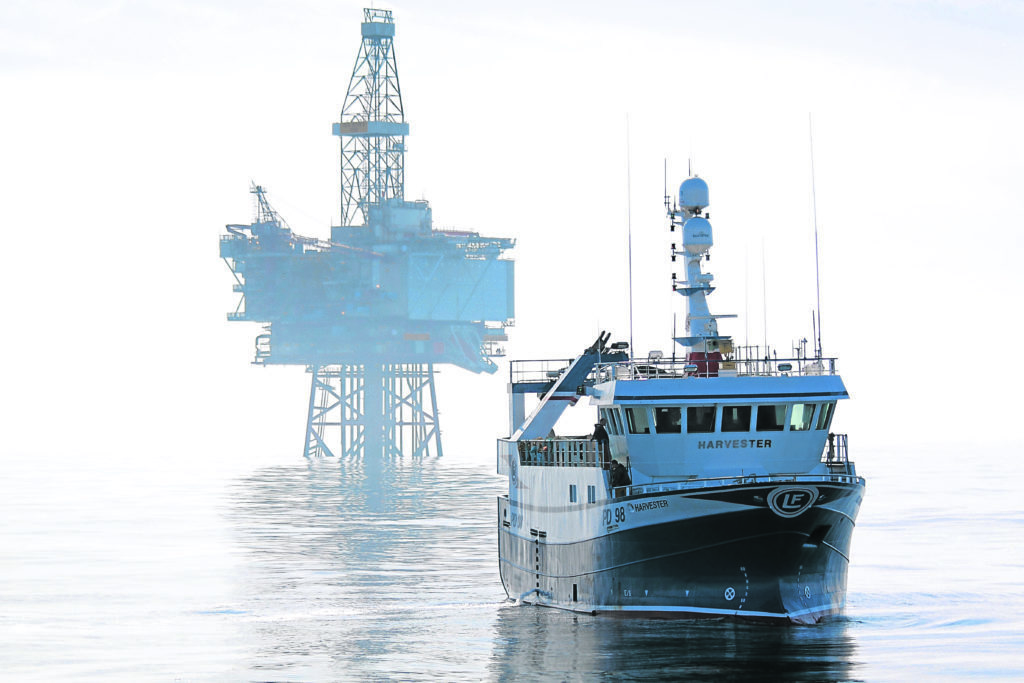
Switching to greener steel, shipping and plastics would have only a minor impact on the cost of consumer products, a new study finds.
Heavy industry and heavy-duty transport could cut carbon emissions to net-zero by 2060, the Energy Transitions Commission report said, but only if governments, investors and businesses take “immediate and forceful action”.
“Harder to abate” sectors such as cement, steel, chemicals – and transport such as shipping, aviation and lorries – currently account for 10 billion tonnes of carbon emissions, or 30% of the global total.
But that could rise to 16 billion tonnes by mid-century, with the sectors taking up a growing share of the total carbon problem as other parts of the economy cut their emissions, the report said.
To meet targets to curb global temperature rises in a bid to prevent dangerous climate change, all sectors must reduce their emissions to net-zero in a matter of decades, scientists have warned.
The new report said such a move for harder to abate sectors was technically possible by mid-century at a cost to the economy of less than 0.5% of global economic output and a minor impact on consumer living standards.
Costs could be reduced further by improving energy efficiency, making better use of recycling and using resources more efficiently and improving logistics and encouraging passengers away from short-haul flights to rail.
Cutting the carbon emissions from steel production will not add more than £140 to the average price of a car, while zero emissions plastics would put less than a penny on the cost of a litre bottle of a soft drink.
And green shipping would add less than 1% to the price of an imported pair of jeans, the report suggests.
The Mission Possible study says electric lorries and buses with batteries or hydrogen fuel cells are likely to become cost competitive by 2030, while planes could use biofuels or synthetic fuels to cut carbon.
The use of electricity and hydrogen for industrial processes which currently use fossil fuels to produce heat will also be needed, with measures to make sure that the power and hydrogen are generated in low carbon ways.
Using bioenergy and plants to create materials such as plastic will be required, but will need to be tightly regulated to prevent problems including deforestation, the report warned.
And technology to capture and store carbon emissions permanently underground is likely to be needed for processes such as making cement.
Governments will need to tighten the rules on carbon pollution from industry, heavy-duty transport and the carbon footprint of consumer products, as well as introduce carbon pricing to encourage greener processes and goods.
Officials must also encourage the shift to more efficient use and reuse of materials, invest in green industry through research and public procurement and push public-private collaboration to build energy and transport infrastructure.
The report also called for industries and investors to innovate and invest in low-carbon infrastructure and technology to cut emissions.
Lord Adair Turner, co-chairman of the ETC, said: “This report sets out an optimistic but completely realistic message – we can build a zero-carbon economy with a minor cost to economic growth.
“We should now commit to achieving this by 2060 at the latest, and put in place the policies and investments required to deliver it.”
Ajay Mathur, co-chairman of the ETC, added climate change goals require the world to move to near-zero carbon emissions by the 2060s, when many investments being made today would still be operations.
“The ETC report provides pragmatic steps to move towards zero-carbon technology options in these hard-to-abate sectors, providing both hope as well as strategic directions in these sectors,” he said.
Recommended for you
